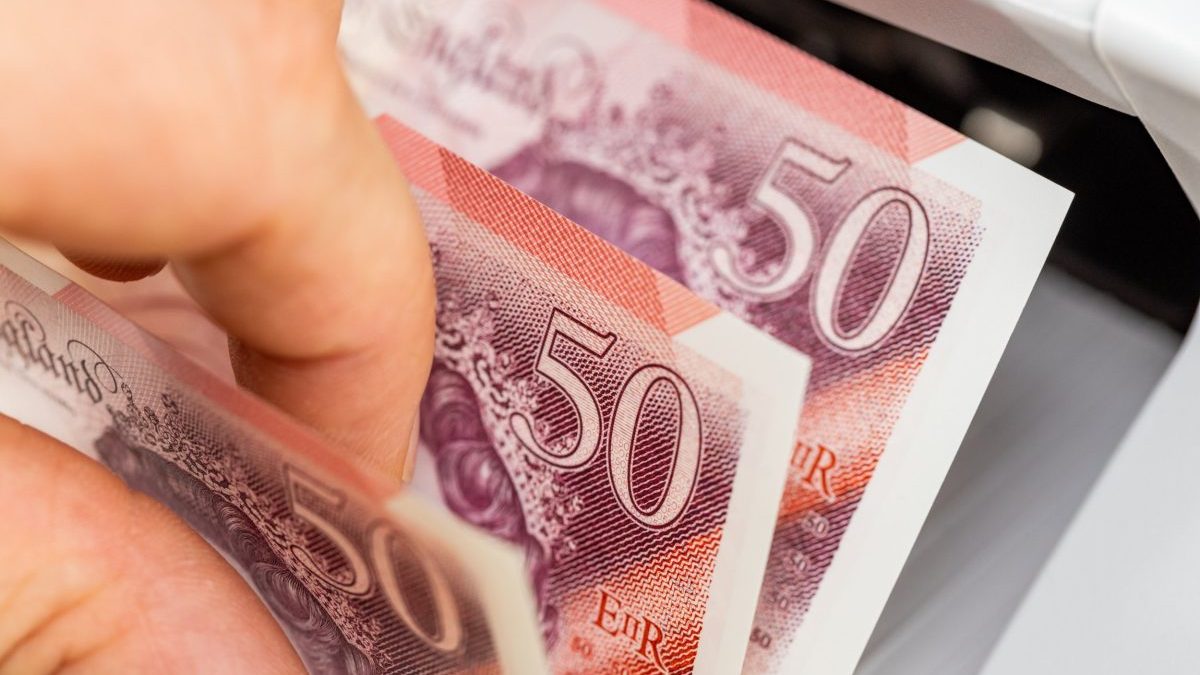With possible tax rises and pension changes ahead, now’s the time to act. Here are practical ways to protect your finances
With just over a month to go until the Budget, there are rumours of possible tax rises, pension rule changes, and tweaks to savings allowances.
While nothing has been confirmed, past fiscal events have shown that changes can come without warning and sometimes take effect immediately. That means those who wait could find themselves facing higher taxes or reduced allowances overnight.
For anyone looking to protect their money or seize opportunities under the current rules, now is the time to act.
New FeatureIn ShortQuick Stories. Same trusted journalism.
From topping up your ISA and pension to making tax-efficient gifts, financial experts say there are still smart moves you can make before 26 November.
Here, The i Paper lays out how to make the most of today’s allowances – and avoid getting caught out when the Chancellor delivers her statement.
Use your ISA allowance
Changes to the cash ISA limit – which is currently £20,000 per tax year – have been suggested for months now.
The most current speculation suggests it will be cut in half to £10,000 in a bid to get more people to invest in stocks and shares ISAs instead.
While Rachel Reeves’s Mansion House speech earlier this year provided us with some clarity, ruling out scrapping it altogether, Camilla Esmund, senior manager at interactive investor, said this is a “timely reminder” to make the most of your tax efficient allowances.
Growing your money in a tax wrapper, such as an ISA, means you would get to keep more of your hard-earned wealth, she said.
Esmund added: “And regardless of the rumours, keeping healthy long-term investing habits should help keep your finances in good shape.
“It’s about doing the right things consistently rather than rushing to get your finances up to scratch because concerns are mounting that something might change.”
Avoid reacting to tax-free cash rumours
Multiple experts pointed out that what we are hearing is no more than speculation, so it’s important to avoid any rash decisions based on the “rumour mill”, even though uncertainty makes it tempting to act quickly.
Craig Rickman, personal finance expert at interactive investor, said it’s “understandable people are feeling nervous and may seek to get ahead of any potential reforms given the sheer volume and frequency of rumours”, particularly those around pension tax.
The fact that last year’s capital gains tax rate increase took effect immediately, instead of being introduced at the start of the following tax year to allow investors some breathing space, might have stoked fears that pension policy changes will take the same shape.
Rickman added: “But people should tread carefully when making decisions with their retirement savings, particularly when it comes to drawing tax-free cash.
“As both HMRC and the FCA [Financial Conduct Authority] recently confirmed, once you’ve made a tax-free pension withdrawal, you can’t change your mind.
“That’s not to say taking some or all pension tax-free cash ahead of the Budget is necessarily the wrong thing to do – just make sure you place your long-term financial future front and centre.”
Making irreversible moves in fear the tax rules might change on 26 November could come back to bite you and may potentially increase rather than reduce the amount of tax you pay throughout your retirement.
If you’re unsure what approach to take, it’s worth seeking expert advice from a regulated financial planner.
Contribute to a pension
Fiscal drag is exposing a greater proportion of people’s earnings to tax and drawing even greater numbers of people into higher and additional rates of tax.
Whether or not Reeves breaks Labour’s manifesto pledge to raise income tax, as some think tanks are urging, the tax burden is rising anyway because of frozen thresholds.
One of the most straightforward ways to reduce an income tax liability is to contribute to a pension, Jason Hollands, director of Evelyn Partners, said.
This is because it attracts tax relief at your marginal rate, while also boosting your retirement fund.
He said: “There is a constant speculation that Government might reduce the tax relief available on pensions at some point, and this has been the case for over a decade.
“However, what we do know are the current rules and that they are very attractive particularly for those on the higher tax rates, so if you have the funds available to commit to boosting your pension and were thinking of doing so at some point this tax year, then contributing ahead of the Budget rather than at the end of the year would be a prudent move.”
Using carry forward
Those who were perhaps not in a position to fully take advantage of pension allowances in the past, but now are, can mop unused allowances using carry forward provisions.
Carry forward allows pension savers to make use of any unused annual allowance from the previous three tax years.
This means those who have had fluctuating earnings or delayed contributions can boost their pension savings and potentially receive extra tax relief, making it a valuable tool for maximising retirement funds efficiently.
Hollands said that this could help “turbocharge” your pension and give you a “substantial” tax cut this year.
For example, if you paid in £35,000 above the standard annual allowance of £60,000 this tax year, any unused allowance from three years ago could cover it instead.
Consider gifting to save inheritance tax
If you’re thinking about making financial gifts to family, it could make sense to act before the upcoming Budget.
Tax rules and allowances may change, so taking advantage of the current rules now could help you make the most of existing reliefs and exemptions.
At present, you can give away up to £3,000 each tax year under your annual gift allowance without triggering inheritance tax (IHT). Couples can combine their allowances for a total of £6,000.
Gifts that exceed this allowance can still fall outside your estate for IHT purposes if you survive for seven years after making them.
If you were to pass away within that period, the gift would become chargeable, potentially increasing your overall IHT bill – though taper relief may reduce the tax depending on how long ago the gift was made.
Another option is contributing to a junior ISA for a child under 18. This counts as a gift for tax purposes now but remains locked away until the child reaches 18, at which point it belongs entirely to them.


